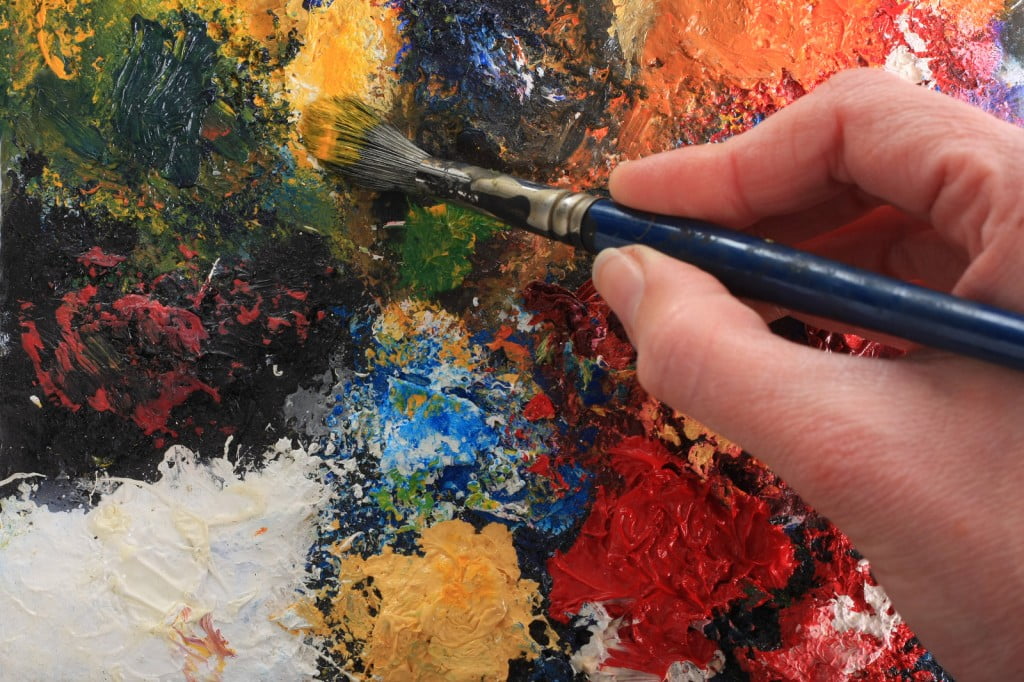When someone suffers from Alzheimer’s, it’s often left to family members, who may have no experience in healthcare, to provide physical and emotional care. In many ways, these family members’ lives are affected just as much by the devastation of the disease and studies have shown this can lead to serious depression.
University of Haifa researchers Professor Perla Werner and Galia Isen set out to check what causes depression in the caretakers. First, they noticed that many of the family members who serve as caretakers often overlook their own emotional stress, since they feel guilty for not showing enough sentiment to their sick family member. For that reason, many of them don’t sound out their own hardship.
Related articles
- Israeli Researchers Stop The Brain From Aging To Prevent Alzheimer’s
- Surprising Study: Patients Treated For Parkinson’s Develop Special Artistic Skills
The study examined whether elements such as imagination and creativity in caretakers might in any way reduce depression. Ninety caretakers were surveyed using questions to examine their levels of imagination, creativity and depression levels.
Contrary to what the researchers thought at first, high levels of imaginations actually correlated with higher levels of depression. According to Werner and Isen, many caretakers experience “blockage” – they want to engage in creative activities which will help them escape from the harsh reality they’re in, but easily find excuses not to do so.
However, there is reason to be optimistic. The study has found that those who started engaging in creative activities (ranging from knitting to plastic art) reported significantly lower levels of depression. The researchers say that it is the escapism that the arts offer that help reduce depression levels.
The researchers say that their study highlights the need for a specific creative-activity-based intervention program, which can prove to be efficient for lowering the caretakers’ emotional load. Moreover, they state that professional caretakers should emphasize the importance of such activities to non-professionals and encourage them to pursue such activities.
The findings were presented at a conference entitled “A View of Alzheimer’s Disease – on the connection between Alzheimer’s and Creativity” last November.
Photo: Hand holding a paintbrush by Bigstock
Related posts

Israeli Medical Technologies That Could Change The World

Harnessing Our Own Bodies For Side Effect-Free Weight Loss

Missing Protein Could Unlock Treatment For Aggressive Lung Cancer




Facebook comments